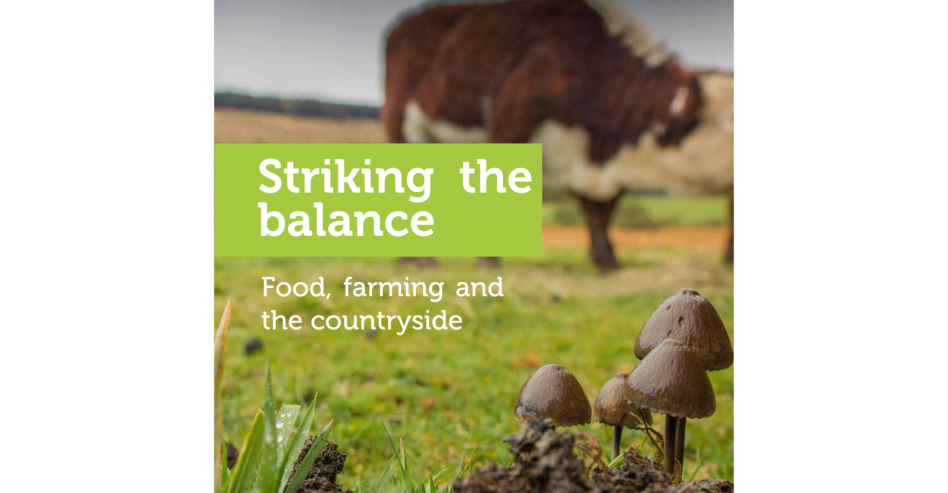For the Northern Ireland study, a mixture of farms providing, as far as possible, a representative sample of the country’s main types of agriculture were chosen to participate. These included mixed livestock enterprises, dairy farms and farms specialising in cattle and sheep. The size of farms in the study ranged from 15 hectares to 287ha.
The study found that if all the farms looked at moved to MSO there would be an average increase in commercial returns of around 35% once support payments had been added. Total profitability with an MSO approach would increase from £651,058 to £1,234,466, with average profitability going up from £38,297 to £72,616. Currently, just under half of the farms in the study are positively contributing to the rural economy without public support payments, though the dairy farms are making significant profits.
MSO “potentially transformational”
The study calls the move towards MSO “potentially transformational” for the economic outlook of farming in Northern Ireland. The report also found that MSO does not necessarily mean reducing output, though on average, there would be an 18% reduction. Five of the 17 farms in the study were operating below the MSO level, meaning they could increase their livestock while still operating within natural limits.
The study finds every £1.00 of revenue generated above the natural carrying capacity of the land incurs an additional cost of £7.50.
Even those who did reduce their output could find this would not necessarily be permanent due to the improvements to soil health. Switching to breeds which are able to thrive in the local environment would also save farmers money as those animals would need less grain or concentrates and could stay outside for more of the year, while studies suggest fertiliser-free uplands have seen little reduction in dry matter yields compared to those intensively using artificial fertilisers.
The report also suggests moving towards MSO could have notable environmental benefits for Northern Ireland. Soil health could be improved by moving away from input-heavy farming systems, while water quality would be boosted by reductions in nitrogen fertiliser and resulting run-off. Ammonia emissions, where Northern Ireland currently contributes 12% to the UK’s total, could also be reduced by lower levels of artificial fertiliser use and organic manure.
However, while the report says a transition to a farming system which is both economically and environmentally sound is possible in Northern Ireland, widespread adoption of MSO across the country will require significant changes in farm management. The report calls on politicians to support this through four recommendations.
Calls to Action
The report calls on:
DAERA to trial a measure of farm performance based on margins rather than output and productivity
DAERA’s Farming with Nature package to support farmers wanting to harness natural resources and reduce CVCs
DAERA to come up with ways of reducing fixed costs on farms, such as machinery sharing and group schemes for capital investment
DAERA to encourage more mixed livestock systems and hardier breeds within Northern Ireland
A massive 71% of respondents in Northern Ireland think the Government needs to take action to change how we farm to combat the threat of climate change.
Recent polling carried out for the Nature Friendly Farming Network suggests strong levels of public support for nature-friendly farming approaches in Northern Ireland. A massive 71% of respondents in the country thought the Government needs to take action to change how we farm in the UK to combat the threat of climate change, while 56% agreed nature-friendly farming should get more financial support, and 55% thought tackling agricultural pollution should be a priority for the next Government.


